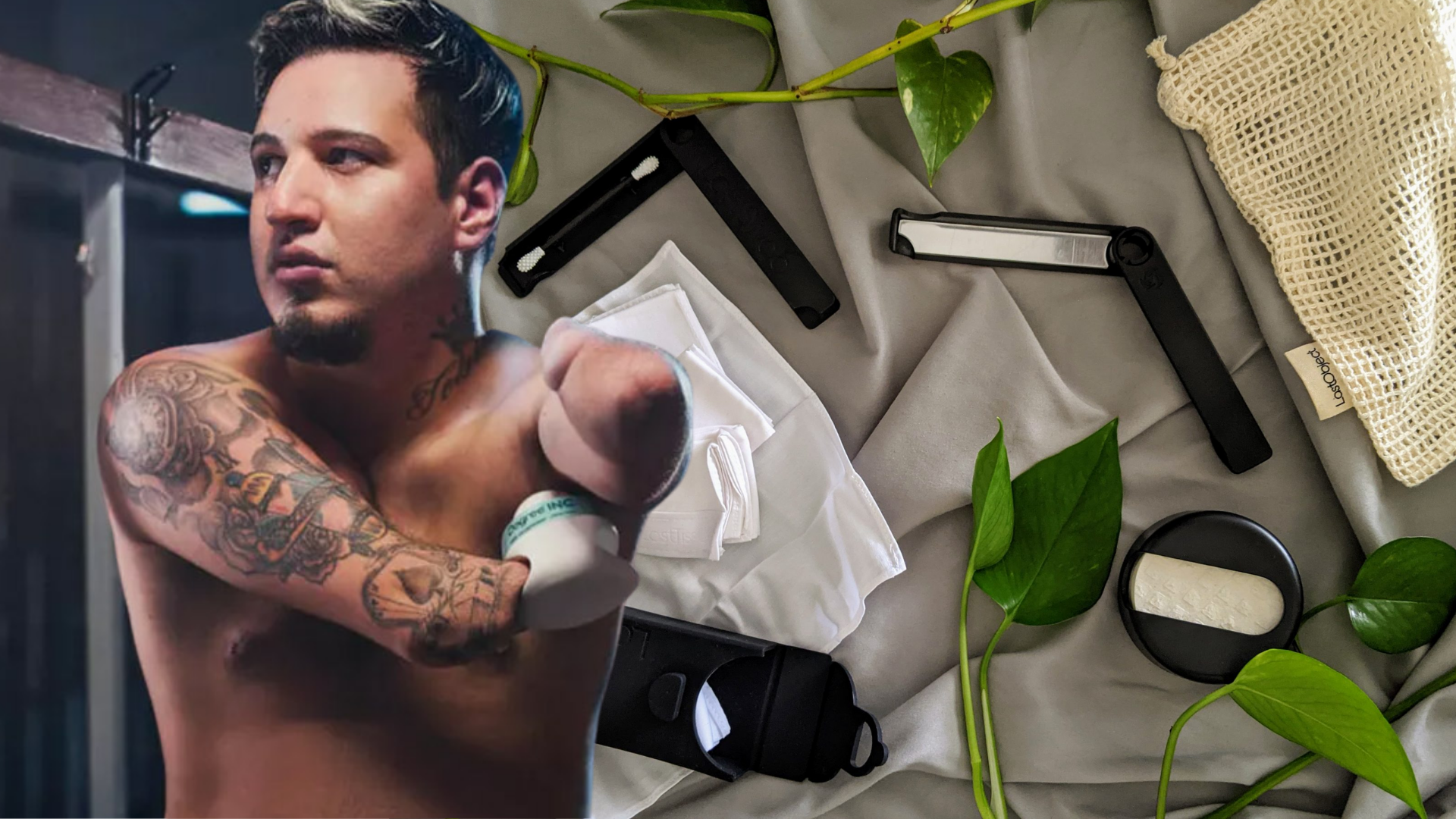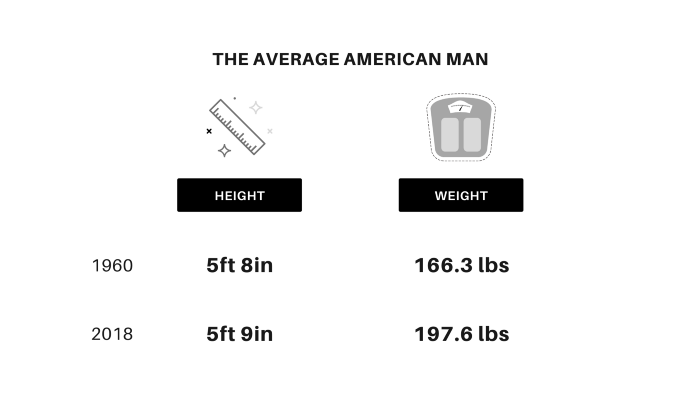Meet Andrea Reyes of the NYC Fair Trade Coalition
Sustainability has quickly become the apparel industry’s favorite buzzword. In a rare moment of self–reflection, businesses are realizing that sticking to the status quo is no longer enough. Although some people are just now coming to this realization, others have been hard at work finding solutions for far longer than sustainability has been in the mainstream conversation. Andrea Reyes, Chair of the NYC Fair Trade Coalition, is on a mission to make the future of fashion more equitable as a fair trade advocate, educator, and small business owner. Founder of A. Bernadette, a fair trade fashion brand in Uganda which hosts educational study abroad programs, Reyes has firsthand experience with the ins and outs of running a fair trade business. Not only does she advocate for fair trade through her organization, but she makes a point of passing her knowledge onto the next generation of industry professionals at Baruch College, LIM College, and the Fashion Institute of Technology, where she teaches fashion marketing, international trade, and business development classes.
We asked Reyes about the importance of fair trade and how we can all become better advocates for sustainability.
Andrea Reyes
Hometown / Favorite Food / Guilty Pleasure
Rockaway, NJ, Oranges, Spa’s… ahhh
Describe yourself in 3 words
Tenacious, Passionate, Fair
What does the NYC Fair Trade Coalition do? What do you hope to accomplish?
We connect the sustainable fashion world. As it grows, we see movements in fair trade, slow fashion, organic, ethical fashion, CSR… We hope to be the glue between these and other activist movements. All of these movements are trying to solve inequality. We do this through education, incubation, and activation. Our three types of members: business, individual, and partner all work together to create a positive, solution-based environment. We hope to create a community center where advocates and activists can work, learn, swap clothing, and act as an activation center. We did this in 2019 with the Sustainable Fashion Community Center. In 2020, we hope to create the second iteration, the Fair Trade Community Center.
What does your average day look like?
A typical day starts with meditation, 25 crunches, and a cup of espresso before I head to my home office for furious email writing, assignment grading, and shortly after lunch, phone meetings. My colleagues are NYC FTC members, students, partners, and WNYC. Afternoons are filled with teaching classes on Sustainability, Global Sourcing, and How to Start your Own Fair Trade Fashion Business at LIM College and FIT. Usually, on the same day(!) You’ll find me sprinting on the street between campuses and later sprinting off to host an event. It is not uncommon to have an event a week at The Society for Ethical Culture, LIM College, Evolving Voice, and other partner organizations.
Ten Principles of Fair Trade
What does it mean for a company to be fair trade certified? What does the certification process look like?
Companies can practice and fulfill the fair trade principles without being certified. The 10 principles of fair trade layout how to incorporate the triple bottom line. For example: No child labor, or forced labor, respect for the environment, transparency and accountability, fair payment and more. You can become certified by working with organizations such as the Fair Trade Federation, World Fair Trade Organization, and/or use fair trade suppliers such as those in the Fair Trade USA network.
Why should business owners pursue fair trade partnerships? Why should consumers buy fair trade?
So many issues we face stem from inequality. Buying fair trade products, working with fair trade partners, or becoming a fair trade partner yourself lets the corporate and government powers know you care about the environment and the people who live in it. The answer to inequality is fair trade.
What are some of the challenges that fair trade companies face?
Fair trade companies face challenges from a marketing standpoint; a general misunderstanding or lack of understanding of what fair trade is. Customers will agree it is something that is good and ethical but can’t define past that.
Twin Engine Coffee | Volta Atelier
Which fair trade brands are you obsessed with at the moment?
Twin Engine Coffee, Volta Atelier, & Baloo Living
Consumers today are overwhelmed with greenwashing and misinformation. How can fair trade bring transparency to the fashion industry?
Certification is important to prevent greenwashing but not foolproof. Customers still need to do their research. I recommend any brand share what they are doing well but also share with their customers where they need to improve. No one is perfect and sharing our challenges shows authenticity and can build loyalty.
How can consumers hold companies accountable for their sustainable practices or lack thereof?
The best way is to vote with your dollars and communicate with the brands you love. Ignore the bad actors and don’t buy or work for them. Brands you think are doing the right thing, tell them, but push them to do better. Ask them questions on diversity, inclusion, and how they plan to continue to bring more fair trade practices into their businesses.
How can sustainable development be supported in NYC and beyond?
Sustainable development is the idea that we aren’t marking our success by growth and productivity alone, but measuring our success by increasing education, equity, and conservation/restoration of the environment. In NYC, support organizations that are connecting people to the environment. We can feel very disconnected from the earth and these organizations that connect the dots between people, planet, and profit are very important.
What advice do you have for organizations looking to be more sustainable, while maintaining margins?
Being more sustainable will improve your margins. Organizations can start small and showcase those efforts. The long term goal is for your marketing strategy to highlight your supply chain. If you focus on the triple bottom line, any short term price increases will result in long term profit gains.
What advice would you give your younger self?
Slow down, smell the roses… this is your life work and you’re going to be good at it… so enjoy it!
If you’re interested in becoming a member and want to learn more about trends that are growing — and dying, please contact hello@trendalytics.co.


